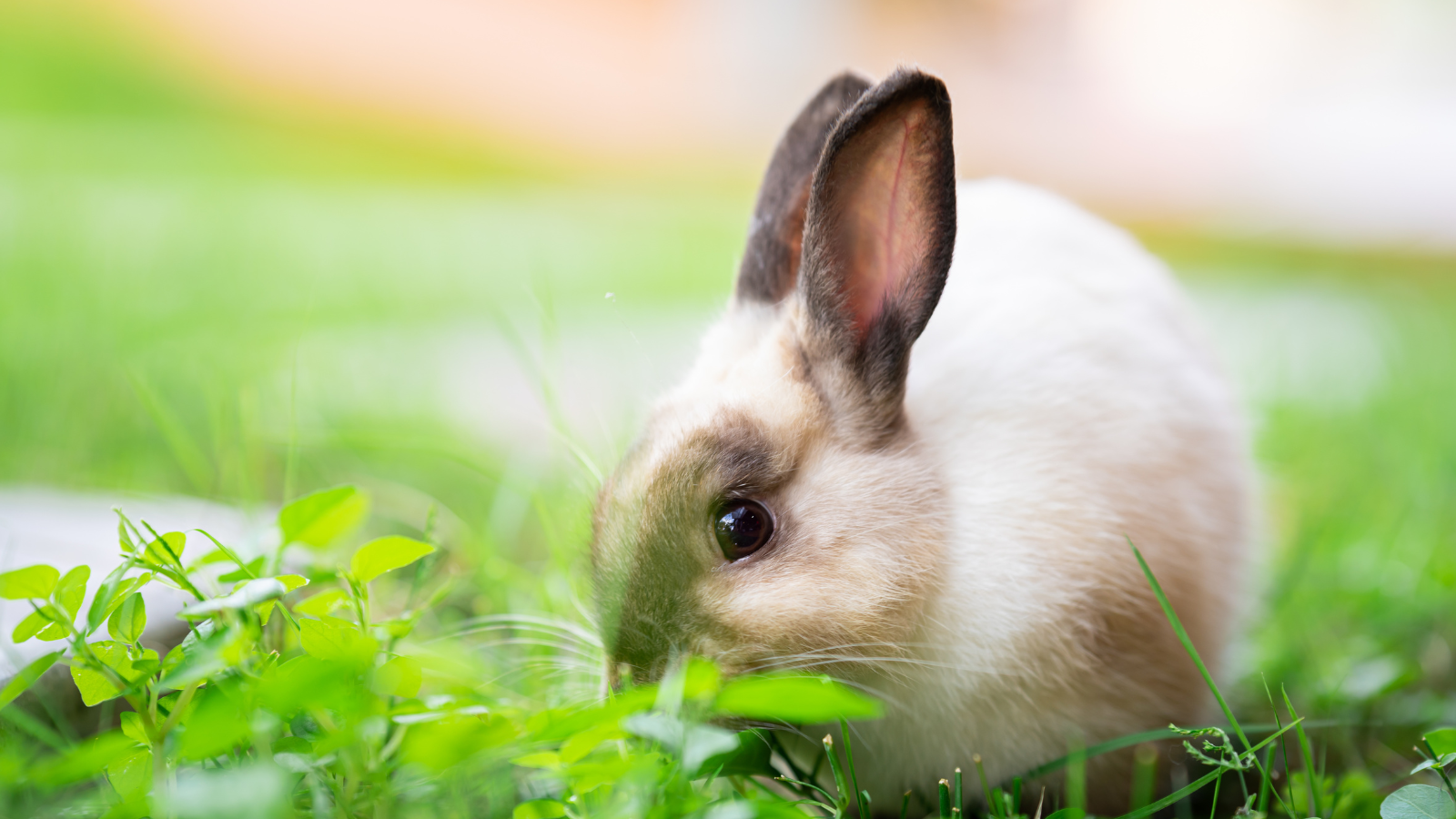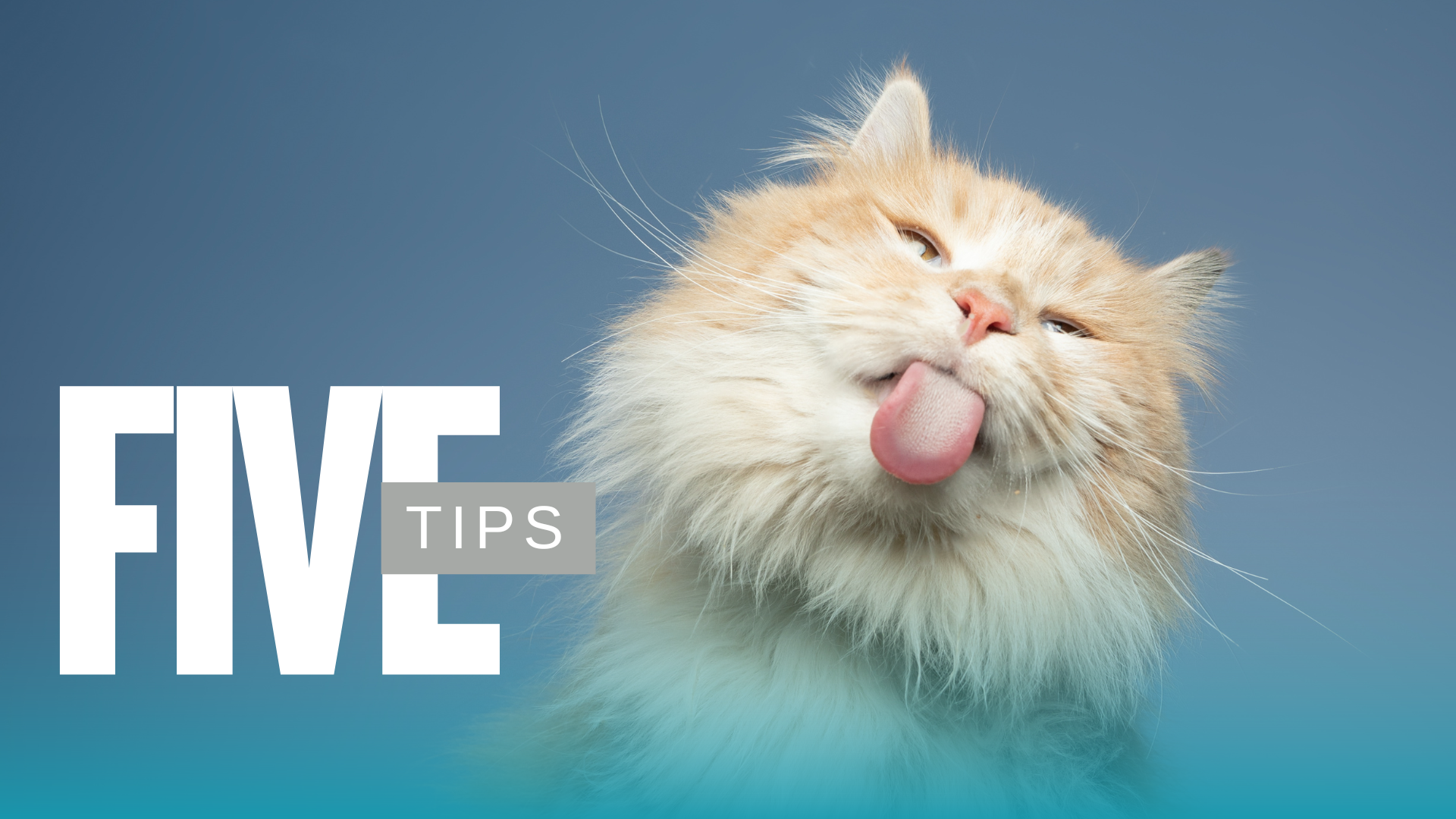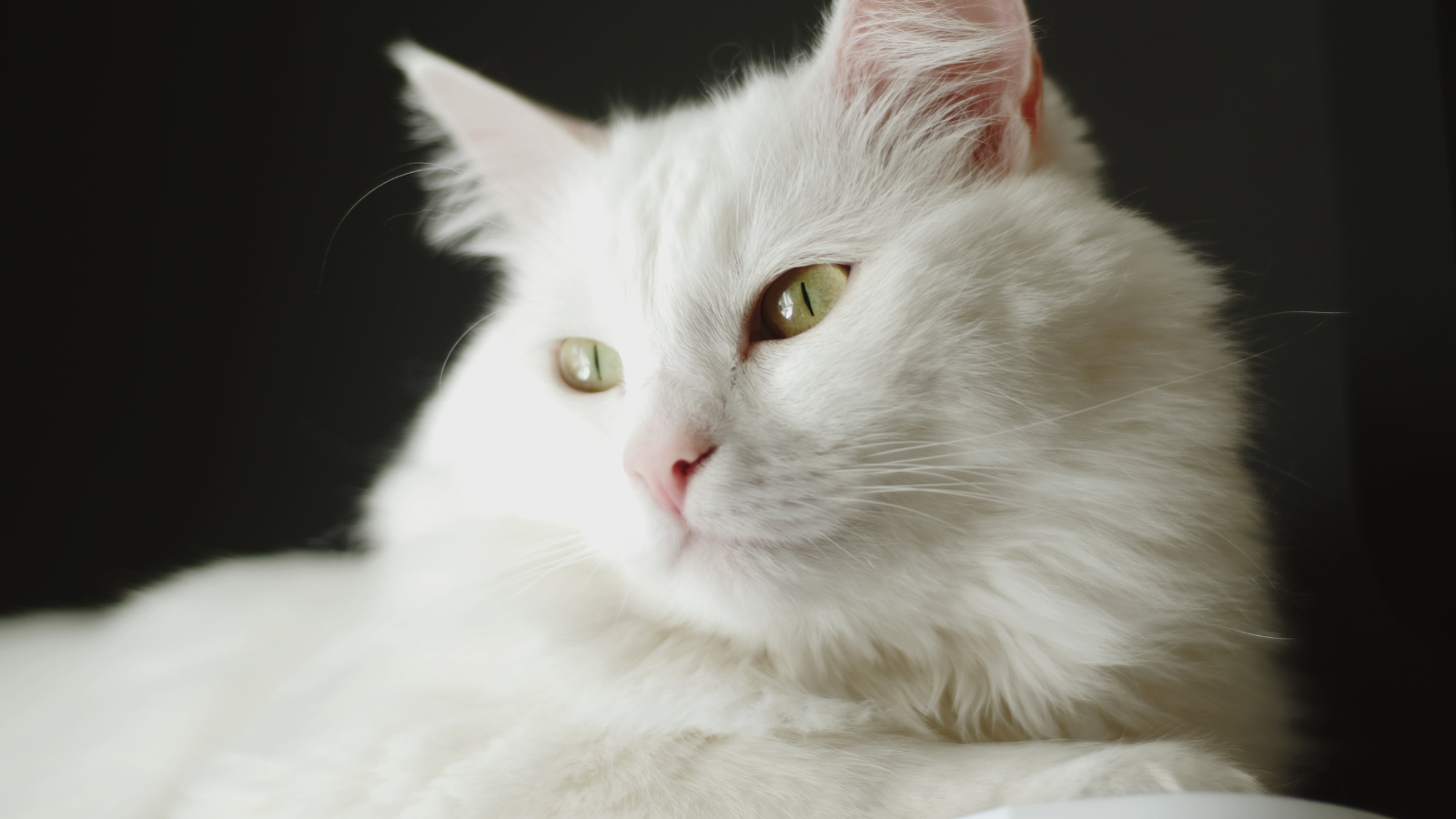For many pet owners, rabbits, guinea pigs, ferrets, and other small mammals are cherished members of the family. These tiny pets often hide signs of illness until the condition becomes serious. Early detection and timely veterinary care can mean more successful treatments, so that you can spend more years with your companion. At Jupiter Veterinary Hospital & Urgent Care, we want pet owners to be able to recognize red flags and keep your pint-sized pals healthy with our experienced small mammal veterinarian.
Symptoms in Sick Small Mammal Pets
Rabbits and pocket pets may instinctively mask pain or discomfort, a survival trait in the wild. As a result, even subtle behavioral changes might signal a serious health concern. Knowing what to watch for in your rabbit or pocket pet can make a life-saving difference. Here are some general signs that your pet may be unwell:
- Decreased appetite or complete refusal to eat
- Lethargy or reduced activity
- Changes in droppings (fewer, smaller, or misshapen)
- Weight loss
- Sneezing, nasal discharge, or labored breathing
- Head tilting or loss of balance
- Excessive scratching or hair loss
- Discharge from the eyes or ears
- Unusual lumps, sores, or swelling
- Overgrown teeth or drooling
Because these signs can escalate quickly, contact a small mammal veterinarian at the first indication of something being wrong.
Pocket Pet Health Conditions That Require a Veterinarian
These are just some of the many illnesses and health issues that can affect small mammal pets.
Dental Issues
Rabbits have continuously growing teeth. If they don’t wear down properly due to poor diet or genetics, it can lead to overgrowth, sharp points, abscesses, or jaw misalignment. Symptoms include drooling, difficulty eating, weight loss, and facial swelling.
Respiratory Infections
“Snuffles” in rabbits and similar respiratory illnesses in pocket pets can become chronic without treatment. Symptoms include nasal discharge, noisy breathing, sneezing, and loss of appetite. These infections are often bacterial and need veterinary diagnosis and antibiotics.
Ear Infections (Otitis)
Especially common in lop-eared rabbits, ear infections can cause pain, head tilt, balance issues, or discharge from the ear canal. Left untreated, they may spread to the inner ear or brain.
Parasites (Mites and Lice)
Mites, such as fur mites or ear mites, are tiny parasites that cause intense itching, fur loss, crusty skin, and discomfort. A small mammal veterinarian can confirm the diagnosis and provide safe treatments.
Gastrointestinal (GI) Stasis
In rabbits, chinchillas, and guinea pigs, a decrease in food intake or stool output can lead to GI stasis, a potentially fatal condition where digestion slows or stops. Supportive care from a vet can reverse it if caught early.
Bladder Stones or UTIs
Blood in the urine, straining to urinate, or strong-smelling urine could indicate stones or infection in your small mammal pet.
Tips for Monitoring Your Pet at Home
- Keep a log of eating, drinking, and elimination habits.
- Weigh your pet weekly. Sudden weight loss is often the first sign of illness.
- Provide a nutrient-rich diet.
- Ensure proper cage hygiene and enrichment.
- Schedule annual checkups with a small mammal veterinarian, even if your pet seems healthy.
Vet Care for Sick Rabbits and Pocket Pets in Jupiter, FL
Recognizing the signs of illness and acting quickly can prevent complications and extend your pet’s life. Jupiter Veterinary Hospital & Urgent Care has a small mammal veterinarian that provides sick care for pocket pets in Jupiter and from surrounding areas like Palm Beach Gardens and Juno Beach. Noticing changes in your small pet’s behavior or appetite? Contact us to schedule an appointment for your pet.











